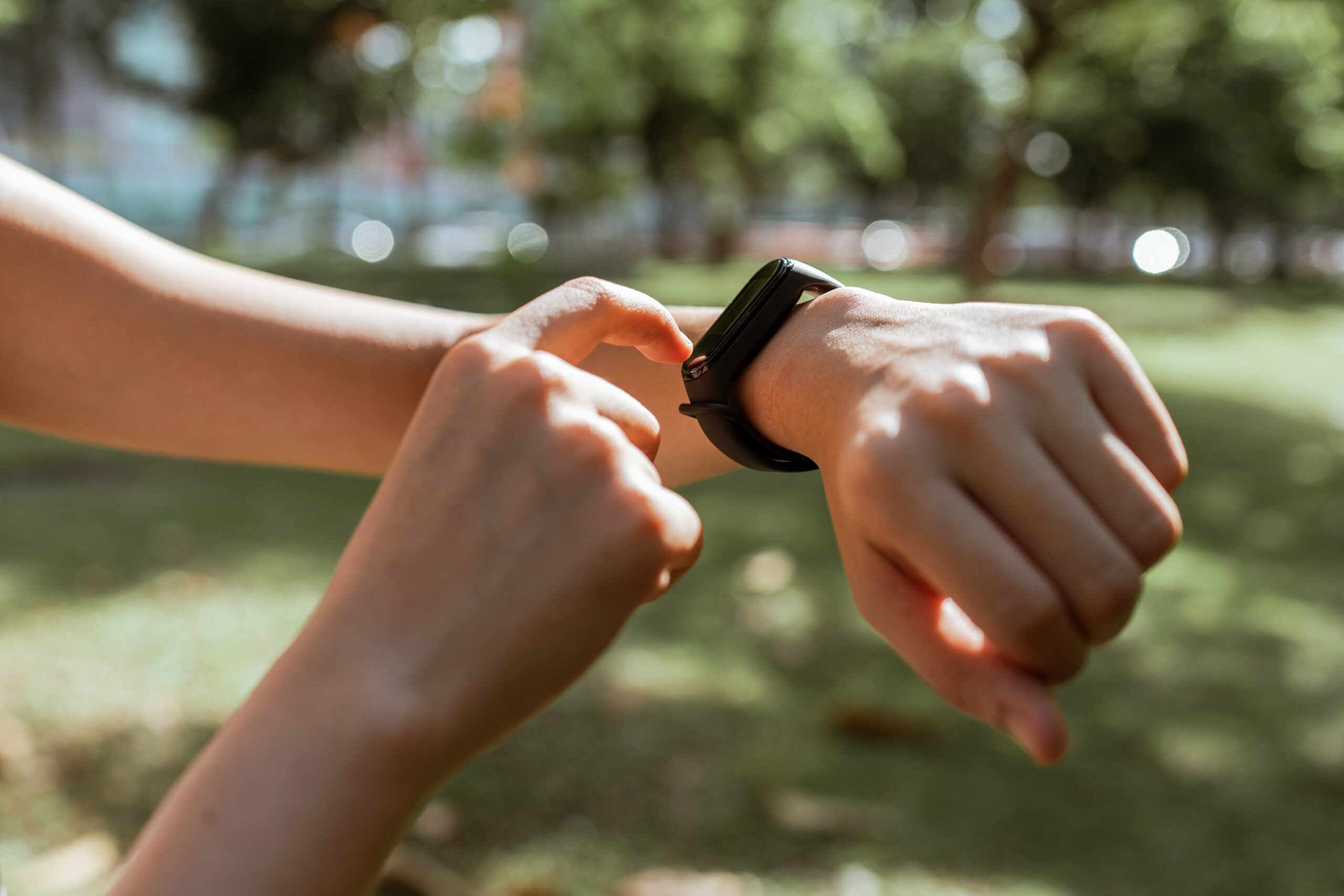INTRODUCTION:
Navigating the ever-evolving landscape of fitness technology, “A Comprehensive Comparison of Top Fitness Trackers: Pros, Cons, and Price Ranges” recognizes the challenge of selecting the ideal fitness tracker. Amidst a wide array of options, each flaunting a distinctive range of features, it becomes imperative to grasp the merits and demerits of each device to arrive at an informed choice. This exploration delves deep into recent years’ foremost fitness trackers, meticulously scrutinizing their advantages, limitations, and price brackets.
| Fitness Tracker | Pros and Cons | Price Range |
| Fitbit Charge 4 | GPS, Comprehensive tracking, User-friendly app | 149.95 |
| Garmin Vivosmart 4 | Sleek design, Advanced sleep tracking | 89.99 |
| Apple Watch Series | Ecosystem integration, Wide app range | $199 – $399+ |
| Samsung Galaxy Fit 2 | AMOLED display, Long battery life | 88.95 |
| Xiaomi Mi Band 5 | Budget-friendly, Heart rate, Sleep tracking | Under $50 |
| Withings Steel HR Sport | Stylish hybrid design, Accurate heart rate | 199.95 |
| Huawei Band 4 Pro | Built-in GPS, AMOLED display | 59.99 |
| Polar Ignite | Advanced sleep tracking, Integrated GPS | 299.99 |
| Amazfit Bip U Pro | Long battery life, SpO2 monitoring | Under $80 |
| Suunto 7 | Outdoor tracking, Wear OS integration | 499.99 |
1. Fitbit Charge 4
Pros:
- Built-in GPS for accurate tracking of outdoor activities.
- Comprehensive fitness and health tracking, including heart rate monitoring, sleep analysis, and SpO2 monitoring.
- Guided breathing exercises and stress tracking.
- Active community and user-friendly app.
Cons:
- Limited app selection compared to smartwatches.
- Display can be dim in bright sunlight.
Price Range: Around $149.95
2. Garmin Vivosmart 4
Pros:
- Sleek design with a hidden display.
- Advanced sleep tracking with REM sleep analysis.
- Body Battery energy monitoring.
- VO2 max estimation.
Cons:
- Smaller display may be harder to read.
- Lacks built-in GPS.
Price Range: Approximately $89.99
3. Apple Watch Series (with fitness tracking features)
Pros:
- Seamlessly integrates with the Apple ecosystem.
- ECG and irregular heart rhythm notification (available on certain models).
- Wide range of fitness apps and activities.
- Customizable watch faces and interchangeable bands.
Cons:
- Higher price point.
- Battery life might be shorter compared to dedicated fitness trackers.
Price Range: Varies by model, starting around $199 (for older models) to $399 and above (for newer models).
4. Samsung Galaxy Fit 2
Pros:
- AMOLED display offers vibrant visuals.
- Long battery life.
- Auto activity tracking.
- Affordable option with good feature set.
Cons:
- Limited third-party app support.
- No built-in GPS.
Price Range: Around $88.95
5. Xiaomi Mi Band 7
Pros:
- Budget-friendly option with impressive features.
- Large AMOLED display.
- Accurate heart rate monitoring.
- Sleep tracking and PAI (Personal Activity Intelligence).
Cons:
- Limited notification handling.
- No GPS.
Price Range: Usually under $50.
6. Withings Steel HR Sport
Pros:
- Stylish hybrid design.
- Accurate heart rate monitoring.
- Connected GPS (utilizes smartphone GPS).
- Long battery life.
Cons:
- Limited smartwatch features.
- Smaller display.
Price Range: Around $199.95
7. Huawei Band 7 Pro
Pros:
- Built-in GPS for accurate tracking.
- AMOLED color display.
- Comprehensive fitness tracking features.
- Affordable option.
Cons:
- Limited third-party app support.
- Limited availability in some regions.
Price Range: Approximately $59.99
8. Polar Ignite
Pros:
- Advanced sleep tracking and recovery metrics.
- Integrated GPS.
- Training load and recovery insights.
- Personalized workout guidance.
Cons:
- Limited smartwatch features.
- Smaller display.
Price Range: Around $299.99
9. Amazfit Bip U Pro
Pros:
- Long battery life.
- Blood oxygen saturation (SpO2) monitoring.
- Built-in GPS.
- Affordable price.
Cons:
- Limited app ecosystem.
- Basic design.
Price Range: Usually under $80.
10. Suunto 7
Pros:
- Robust outdoor activity tracking (hiking, running, etc.).
- Full Wear OS integration.
- Offline maps.
- Sturdy build for outdoor enthusiasts.
Cons:
- Larger and bulkier design.
- Shorter battery life.
Price Range: Around $499.99
THE FULL REP:
In conclusion, the choice of a fitness tracker ultimately depends on your individual preferences, budget, and intended use. Each device offers a unique combination of features, design, and price, catering to different types of users. Whether you prioritize advanced fitness tracking, smartwatch functionality, or affordability, there’s likely a fitness tracker on this list that suits your needs. Before making a decision, it’s advisable to thoroughly research the latest models and read updated reviews to ensure you’re getting the best fit for your fitness journey.
Like what you read? Visit our top gadgets blog here!

